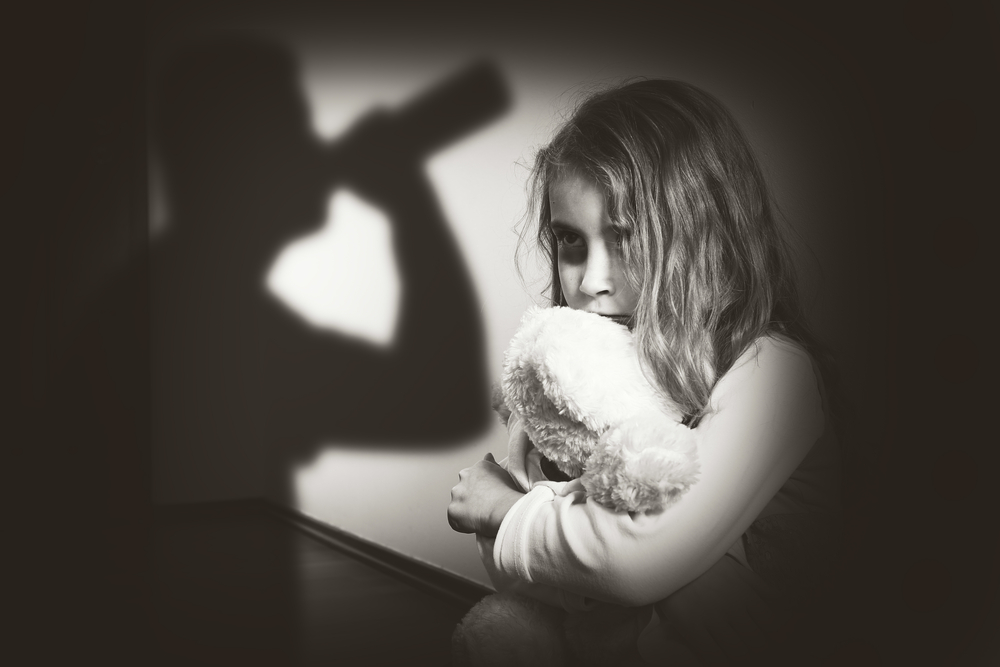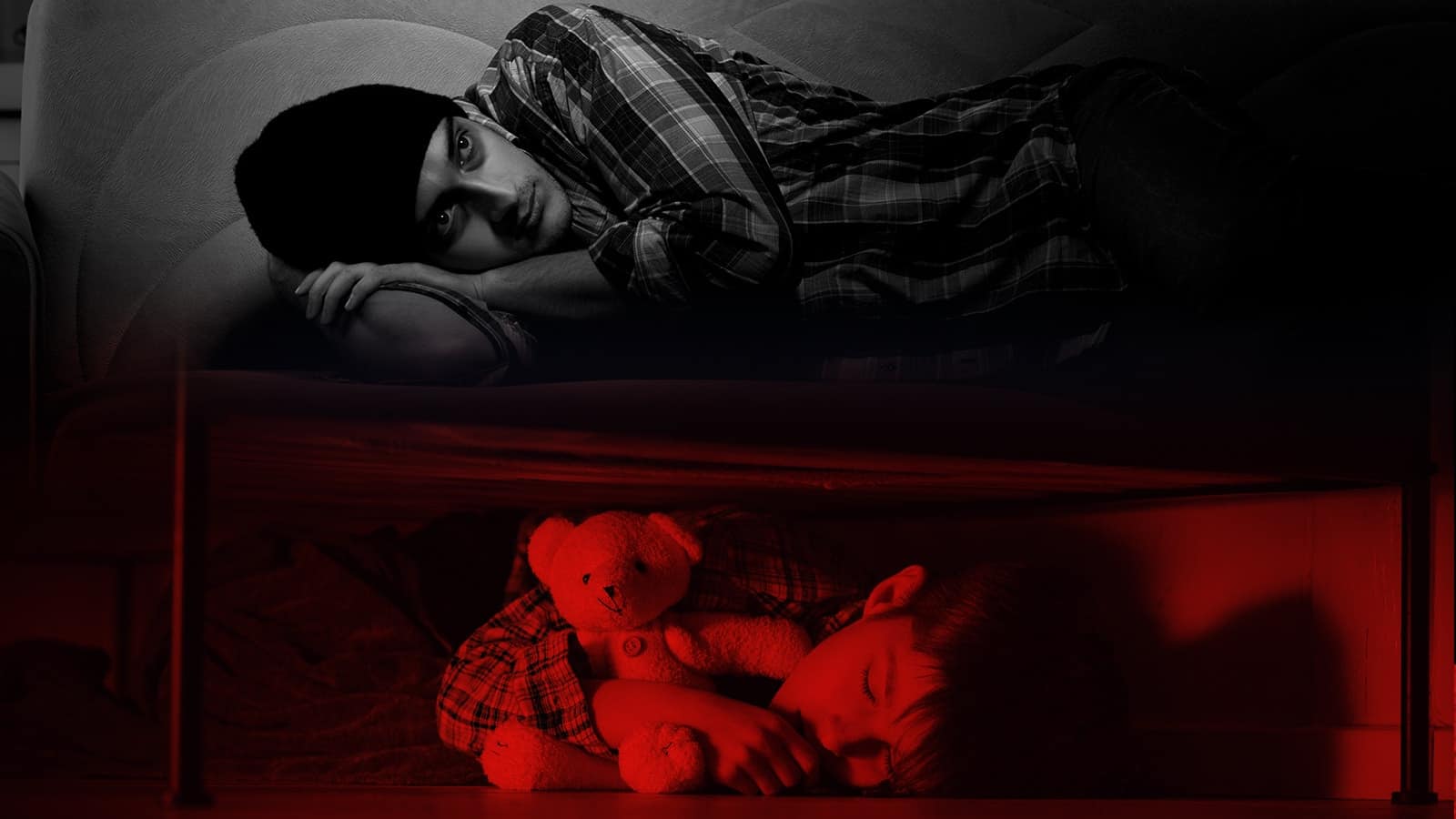We all want a perfect relationship with a fairy tale ending. However, for 60% of Americans who experience some form of childhood trauma, relationships can be challenging, maybe even triggering at times.
But healthy relationships are not impossible. Therapy and other support services, such as those offered by BetterHelp, make it easier for those living with the effects of childhood trauma to experience healing, increased happiness, and fulfilling lasting relationships.
How do traumatic events in childhood impact future relationships, and how can you support a partner who’s survived such events?
A Brief Definition of Childhood Trauma

Childhood trauma is a broad definition referring to any experience that causes distress during development. These life-changing events can include anything from sexual abuse to neglect, foster care to the death of a loved one. Any event that caused you to feel overwhelmed, scared, or helpless could have been traumatic.
According to the Substance Abuse and Mental Health Services Administration, more than two-thirds of Americans experience some form of trauma during their childhood. We don’t all react to situations in the same way. What’s traumatic for one individual may not be as distressing to someone else.
Your response to an event is not less valid than someone else’s response to a similar event.
How Early Trauma Impacts Relationships as an Adult

Our childhood is when we start to understand and learn about emotional bonds. If you experience abuse, neglect, or trauma at the hands of someone you depend on, such as a parent, caregiver, relative, or person in authority, your view, and understanding of human connections and attachment can be significantly impacted.
Early trauma can also impact your ability to trust others and your ability to recognize and regulate your emotions. Both trust and emotional intelligence and regulation are vital to having healthy relationships and communicating effectively.
Attachment and the Effect of Trauma

Your early years and experiences play a crucial role in informing and shaping how you view the world and the people around you. Depending on your experiences, you may view the world as safe, scary, or a combination of both. How you view the world ties into the way you form attachments with others.
Your adult relationships may also mimic the relationships you had with your primary caregivers or parents as you were growing up. There are four main attachment styles, ranging from confident and secure to insecure and anxious.
Before mentioning each one, it is important for you to know that your attachment style can adapt and change over time. In addition, these are general definitions. Your experience may differ.
- Secure Attachment: If you have a secure attachment style, you easily trust and form close relationships with others. You allow yourself to love and be loved, don’t avoid intimacy, and are able to be independent.
- Anxious or Anxious-Preoccupied: If you have an anxious attachment style, you may fear being abandoned by your partner. This fear may cause you to seek constant validation from your partner because you don’t feel they care enough about you.
- Dismissive-Avoidant: If you experience a dismissive-avoidant attachment style, you may fear emotional intimacy. You may be emotionally unavailable to your partner because you don’t want to get too close or may distrust them.
- Fearful-Avoidant: If you experience a fearful-avoidant attachment style, you may desire love and attention from your partner but don’t allow yourself to be emotionally vulnerable with them. You may want to feel loved and cared for, but you avoid close, intimate relationships.
If you experienced some form of trauma during your early years, especially at the hands of a caregiver or parent, you might notice that you identify with one of the last three styles of attachment. However, you’re not alone. Estimates suggest that a little more than 50% of American adults experience one of the three insecure attachment styles.
Secure attachments are needed to form healthy, long-term relationships. Therapy, patience, and work can help you become more securely attached.
Other Impacts of Early Trauma on Adult Relationships

Childhood trauma can also affect your ability to trust your partner. You may find it difficult to believe and trust that when you need them, your partner will be there for you. You may also have a hard time believing your partner loves you, even if they tell you regularly. If you were hurt or betrayed as a child, you might be reluctant to be fully vulnerable with someone.
Trauma may also cause you to have trouble identifying and regulating your emotions, especially in emotional, stressful, or difficult situations. For example, instead of taking a minute to pause and formulate an appropriate response, you may respond immediately out of anger, frustration, or sadness.
Other ways trauma can impact your emotional intelligence include:
- Being unable to empathize with your partner
- Being unable to express how you feel or how your partner’s actions make you feel in a healthy way
- Being unable to compromise or work with your partner to come up with a solution during an argument
- Being unable to take accountability for your actions
As with an insecure attachment style, your ability to trust and your level of emotional intelligence can both be improved through a variety of therapies, inner work, and interpersonal work.
Supporting a Partner Who’s Survived Trauma

Being in a healthy relationship with someone who has experienced any form of trauma can be difficult. However, it can also be incredibly rewarding, especially when you take advantage of the opportunities to provide support and healing.
While you cannot be a replacement for therapy, you can support your partner. By supporting your partner and encouraging their healing journey, you can create a deeper, healthier bond with them.
Some simple ways you can support your partner as they begin to address their childhood traumas are:
- Believe them: Believing what your partner tells you is important to help them establish trust and cultivate a willingness to be vulnerable. Even if their stories are painful or hard to believe, validating what your partner has been through may help empower them.
- Communicate with them: Those who have experienced trauma may have difficulty communicating how they’re feeling, how you can support them, or what they need. Talking with your partner about your emotions, what you need, and being honest about your fears creates space for them to learn how to do the same.
- Validate them; don’t fix them: As much as you might like to, you cannot fix your partner or undo what they experienced. However, you can listen to them, support them, and validate them. By simply being there for them, you can create a safe space for them to take the time they need to heal.
Relationships are a two-way street, a partnership between two people willing to love and support each other, even during hard times. Experiencing childhood trauma doesn’t disqualify you from enjoying the beauty of a fairy-tale ending. It may just take a lot of hard work to get there.
However, once you take that first step towards healing, you’ll discover you are worthy of love, peace, and happy, healthy relationships.

